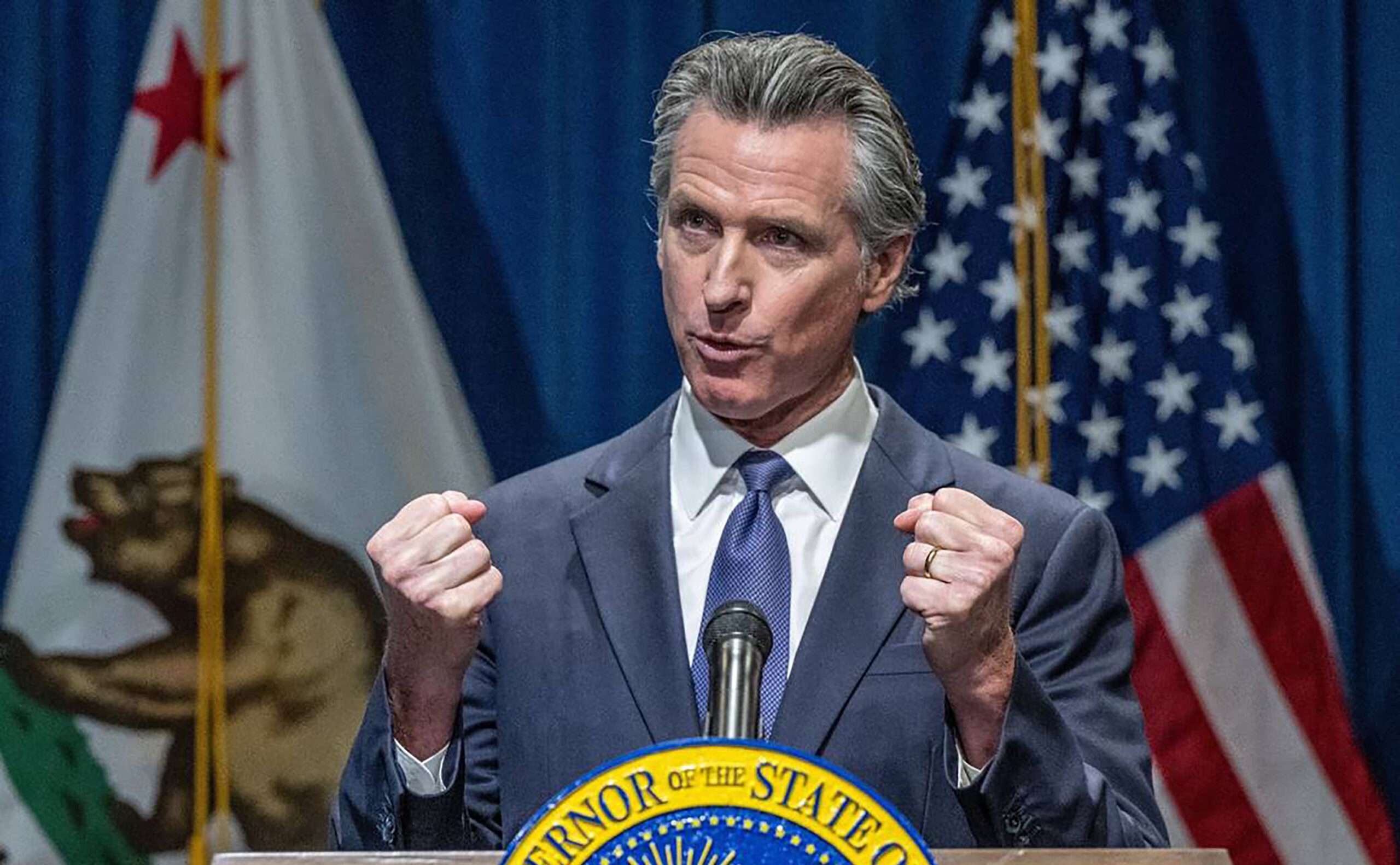Republican presidential nominee Donald Trump endorsed marijuana legalization in Florida last August, emphasizing the importance of regulations to protect bystanders from exposure to pot smoke. He stated on Truth Social that the State Legislature should create laws to prohibit public cannabis use to avoid the smell of marijuana in public spaces, a concern echoed by his running mate, Sen. J.D. Vance (R–Ohio).
California recently expanded legal options for cannabis consumption outside the home by allowing dispensaries to sell hot food and nonalcoholic beverages along with marijuana products. This change, signed into law by Gov. Gavin Newsom, aims to help licensed marijuana merchants compete against unlicensed dealers and beat the illegal drug market.
California’s new law, Assembly Bill 1775, permits dispensaries to host live performances and offer a variety of culinary options, providing a solution to the issue of where people can legally consume marijuana. Other states like Colorado and Alaska have also begun allowing cannabis consumption outside of private residences, signaling a shift in regulations towards accommodating cannabis consumers.
In Las Vegas, where cannabis consumption in public places is prohibited, the limited legal options have led to challenges for tourists and residents alike. The availability of designated cannabis consumption lounges and cannabis-friendly businesses can help mitigate issues related to public consumption and reduce potential conflicts with those who do not wish to be exposed to marijuana smoke.
Ohio, which recently legalized recreational marijuana, is also considering designated locations for cannabis consumption to address concerns raised by lawmakers like Sen. J.D. Vance. Allowing for responsible cannabis consumption in designated areas can help establish a cultural sensibility around marijuana use and reduce potential conflicts in public spaces.
Overall, the shift towards accommodating legal cannabis consumption in designated locations reflects a growing recognition of the need to balance individual freedoms with public health and safety concerns. By implementing regulations that address secondhand smoke exposure and provide options for responsible consumption, states like California and Ohio are taking steps to ensure that the legalization of marijuana is implemented in a way that benefits both consumers and non-consumers alike.
However, he cautioned that any deviation from this specific approach in future measures would not be viewed positively.
Jim Knox, the California managing director for the American Cancer Society Cancer Action Network, criticized the “additional safeguards” as mere “nonsense” and “window dressing.” In contrast, the union representing dispensary employees, which backed the bill, appears to hold a different perspective. If states can establish a way to allow marijuana smoking in places that are not mandatory to enter, it could potentially reduce the nuisance that concerns individuals like Trump and Vance.
Source link




